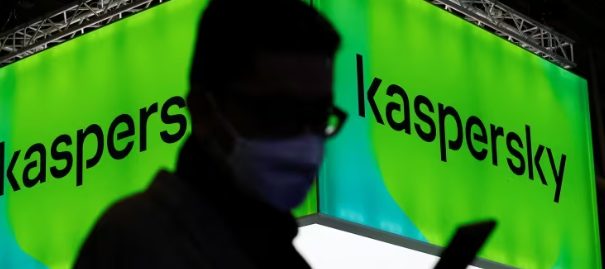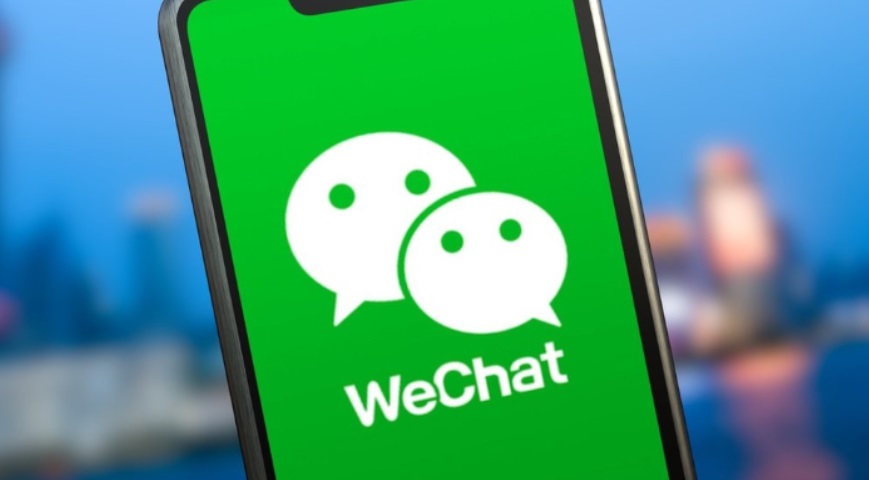On Monday, Canada took the step of prohibiting the use of the widely-used Chinese messaging app WeChat and the Russian platform Kaspersky on government smartphones and other mobile devices. This decision was made due to concerns regarding privacy and security risks.
A statement released indicated that the entire suite of these applications will be promptly uninstalled from government-issued devices, and users will be prevented from downloading them in the future.

Treasury Board President Anita Anand, who overseas Canada’s federal public service, said the nation’s chief information officer determined the apps “present an unacceptable level of risk to privacy and security.”
Did you read this?
No breaches have been detected but the platforms’ data collection methods on mobile devices, she added, “provide considerable access to the device’s contents.”
“The decision to remove and block the WeChat and the Kaspersky applications was made to ensure that government of Canada networks and data remain secure and protected and are in line with the approach of our international partners,” Anand concluded.
In February, Ottawa had previously prohibited the use of TikTok, a platform owned by ByteDance in China, on government devices. This decision coincided with President Joe Biden's revocation of his predecessor Donald Trump’s executive orders, which aimed to ban TikTok and WeChat from the US markets due to national security concerns. As an alternative, Oracle was selected last year to handle the storage of all TikTok data from US users.
The tensions between Ottawa and Beijing, which were already strained due to reciprocal detentions involving a Huawei senior executive and two Canadian nationals in December 2018, reached a new nadir earlier this year. Ottawa leveled accusations against Beijing, alleging interference in Canadian elections and attempted intimidation of Members of Parliament. This situation ultimately led to the expulsion of a Chinese diplomat in May.
Last week, the Canadian government issued a caution about a disinformation campaign termed "Spamouflage," attributed to China. This campaign employed a barrage of online posts and manipulated deepfake videos in an attempt to undermine and discredit Canadian lawmakers, including Prime Minister Justin Trudeau.
In September, a public inquiry into allegations of foreign interference, a stance rejected by China, was initiated.









